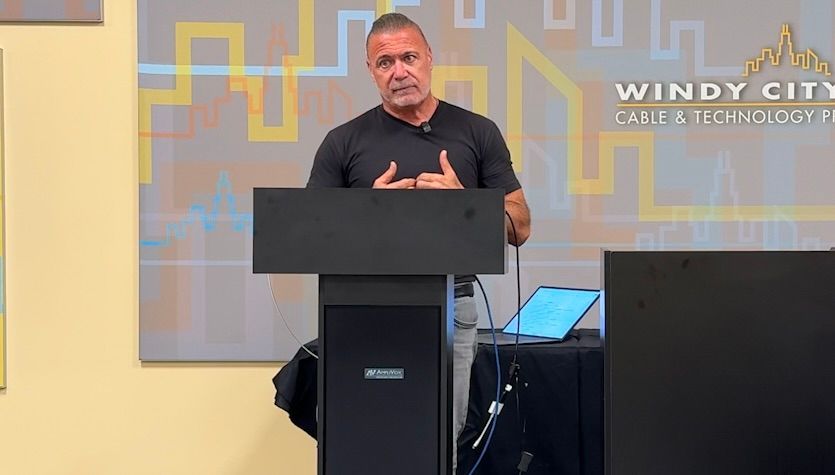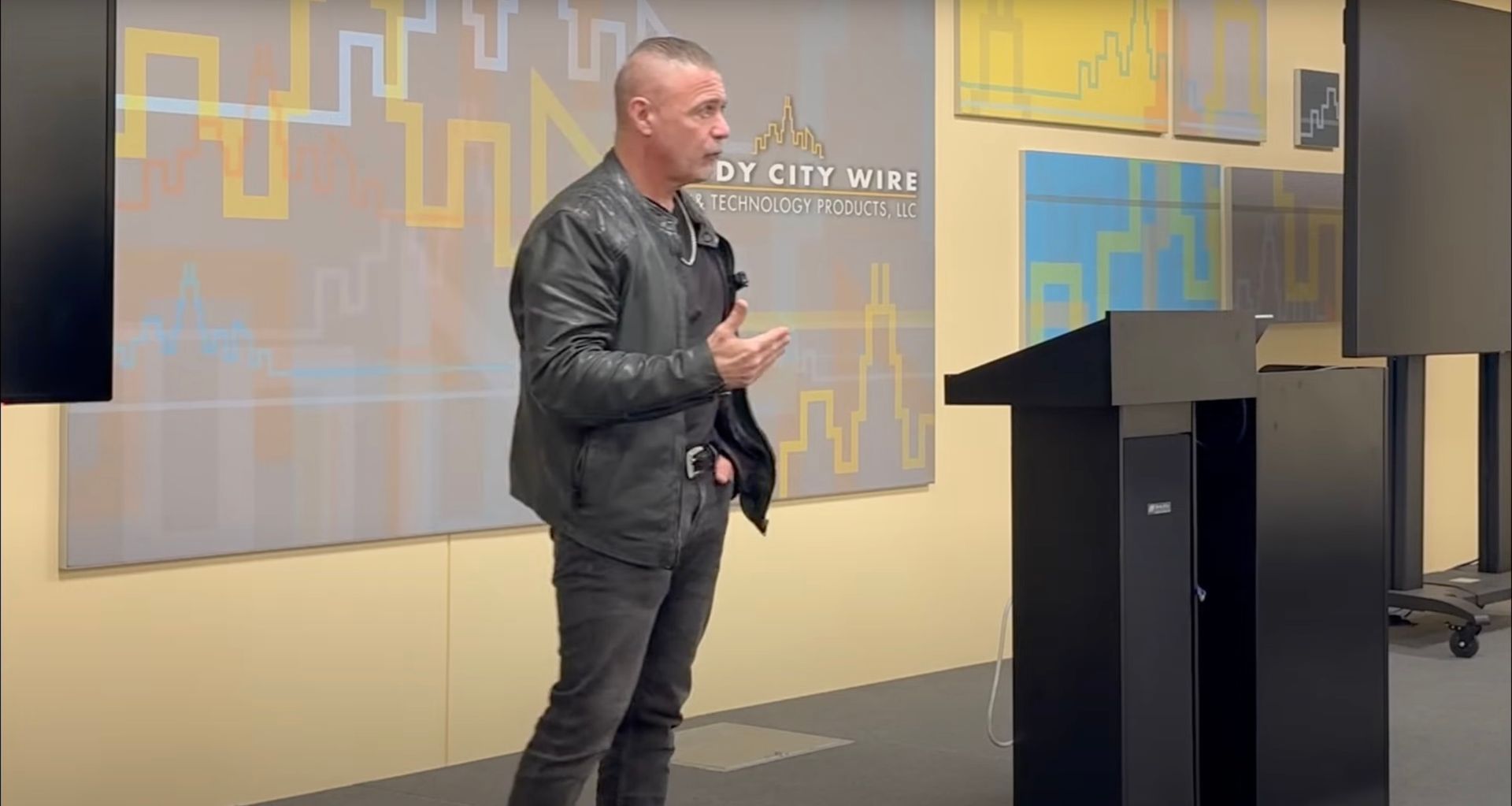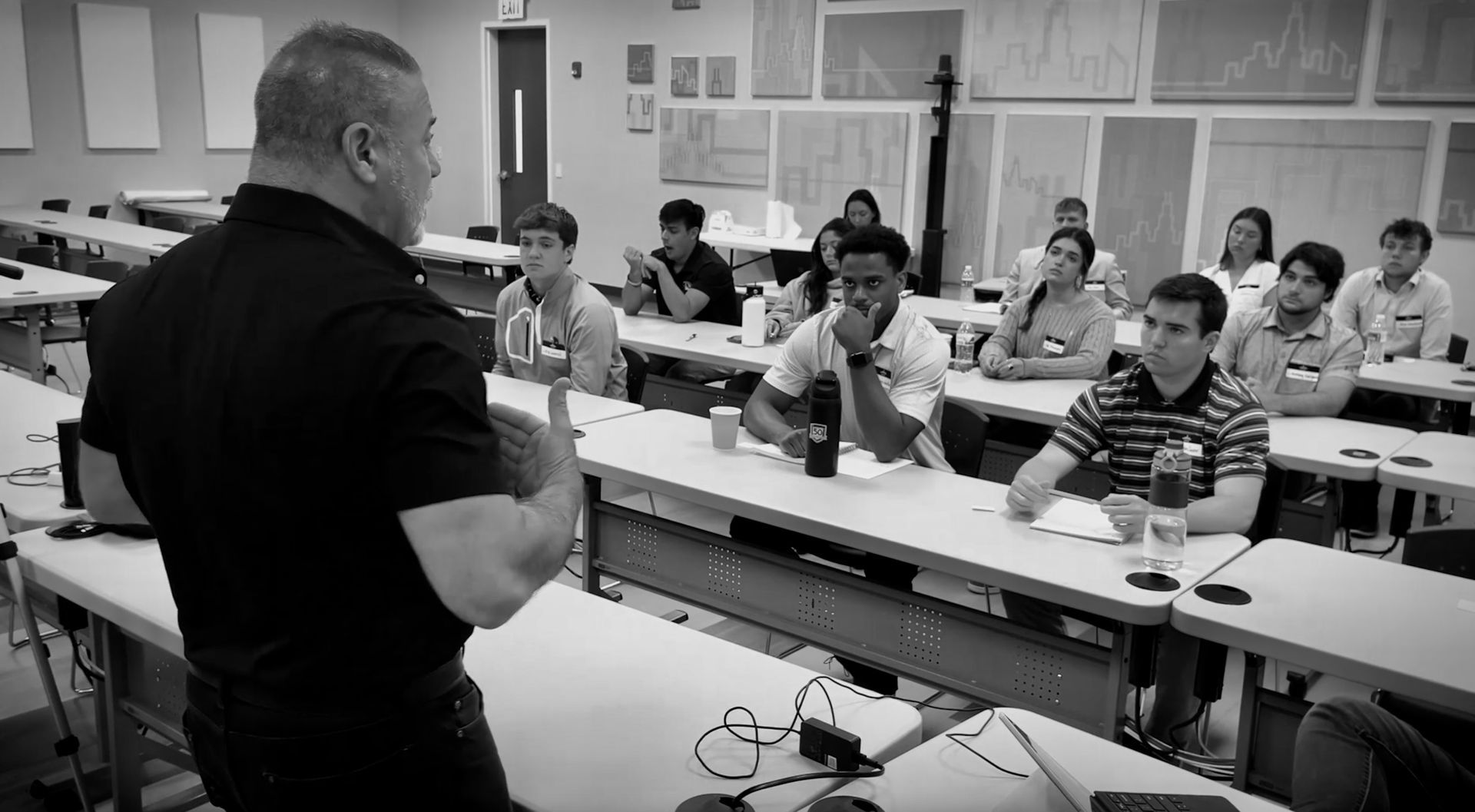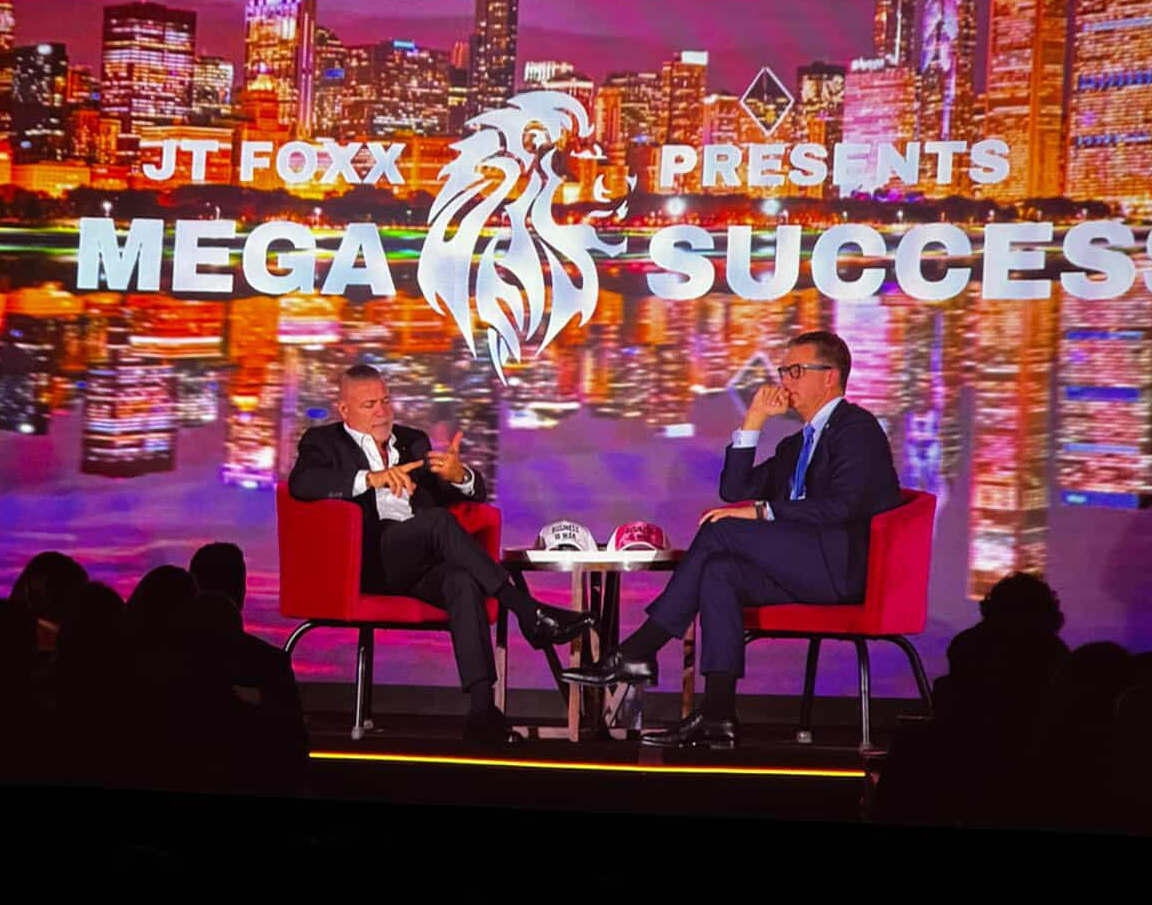IIQ: Intelligence, Intuition, Quotation
By Rich Galgano
In business, just like in life, every conversation we have, every question we ask, every statement we make, is a move—a play. Each of these plays serves as an IQ test. I'm not talking about your standard intelligence quotient here; I'm referring to something broader and more practical—Intelligence, Intuition, Quotation. It's a simple concept but packs a lot of punch.
Let's break it down.
Intelligence
Intelligence means knowing what you want to achieve. It’s about clarity—being crystal clear about your desired outcome before you even start talking. If you don't know what you want from the conversation, how will you know if you've succeeded? It’s like setting off on a trip without a map; sure, you might end up somewhere interesting, but odds are you'll get lost along the way.
Intuition
Intuition comes next. This is your gut-check, the part of your playbook that can't be quantified on spreadsheets or neatly summarized in a PowerPoint. It's that little voice in your head that nudges you to speak or tells you when to hold back. Intuition isn't mystical—it’s honed through experience. It tells you when to push harder, when to ease up, and most importantly, it helps you read the room. If you can't read the room, you can't win the room.
Quotation
Then there's Quotation. That’s your ability to recall and leverage past experiences or insights—yours or others’. Every statement or question you use should ideally draw from lessons you've learned before. What has worked previously? What fell flat? Being able to quote your past plays, both successes and missteps, gives you an advantage. It sharpens your moves, allowing you to adapt and evolve in real-time.
IIQ: The Intelligence That Actually Wins Deals
So, here’s the real kicker: before you speak, ask yourself, "What’s the outcome I'm trying to achieve here?" This simple question can dramatically change how you communicate. Instead of blurting out something impulsively, you pause and assess. You strategize. Every play becomes purposeful.
But it doesn't stop at one question. Once you identify your primary goal, you have to map out your next steps—anticipate the interactions, statements, and even objections you might face. It’s chess, not checkers. How many plays will it take to achieve your outcome? Can you shorten that path, or do you need to play the long game?
I built my career and my businesses, including Windy City Wire, around this approach. I learned the hard way—by making mistakes, asking the wrong questions, and sometimes not knowing what outcome I was even aiming for. Each failure taught me the importance of clarity, intuition, and learning from past experiences. Over time, I fine-tuned this into a strategic framework, something I now teach others.
Think of every conversation as an IIQ test. The smartest players aren't just reactive—they're proactive, intentional, and reflective. They know exactly what outcome they want, listen to their gut, and remember lessons learned.
That's how you go from being someone who just talks to someone who makes things happen.










